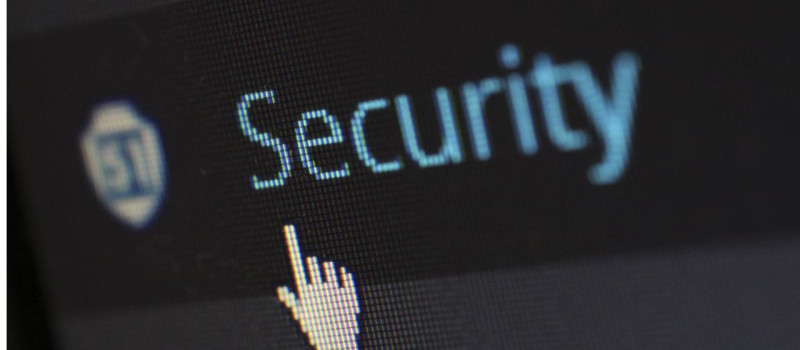How to protect your privacy on the Internet?

How to protect your privacy on the Internet?
The Internet is full of increasingly sophisticated threats and identity theft, as well as privacy violations that are increasingly common. To do so, attackers use viruses, various malicious software applications (malwares), and deceptive techniques known as phishing and others. The way you use your personal information, how it is stored and protected, can create a real risk to your privacy and finances. It is therefore important that they are adequately protected.
We offer you 7 ways to protect personal information on the Internet:
1. Better safe than sorry
Surely you've heard many times about the dangers of opening suspicious emails. Fraudulent emails are becoming more sophisticated and often give the impression of authenticity. The basis is not to open and delete them immediately. This also applies to email links and attachments that relate to social media, financial services, and email accounts themselves. Instead of opening them, go directly to the official provider site and sign in to your account there.
2. Privacy settings
Updating your privacy settings on the website is one step to make your personal information more secure. You can do this easily in the settings. This is particularly important on social networks where over-sharing of information can lead to misuse.
3. Blocking Cookies
If you block cookies on websites in your browser, you will significantly increase your privacy, but this can be both disadvantageous and impractical. This will make it harder for a website to track when and how long you have spent on the page, whether you should be automatically signed in, and what your username is.
4. Unlinking of accounts
Many websites provide the ability to link accounts. At the first sight, a useful function creates a risk. If one of your accounts is at risk, all linked accounts will also be at risk.
5. Firewall, antivirus services and secure connection
A firewall is a protection of your computer against unwanted network traffic. Modern operating systems have such a firewall already built. Make sure it is turned on and that security is set to a high level. Antivirus software is a must nowadays. It should contain antispyware, if not, it can be purchased separately. Antispyware scans and removes various spy programs. It's important to keep your operating system, browser, and security software up-to-date. If possible, avoid using public Wi-Fi networks completely. Always use a secure wireless connection. Secure your private Wi-Fi network with a strong password.
6. Strong passwords
Password strength is important to online security. People tend to use the same and simple passwords. Use at least eight characters to create a strong password. It is recommended to use a combination of upper and lower case letters, special characters and numbers. Your password should not include your personal information, the names of people you know or pets.
7. Safer browsing
As already mentioned, you need to keep your browser up-to-date. You also need to periodically delete cookies. The next step should be to sign out of social networks like Facebook and even Google if we're no longer using them. You should also consider using incognito mode in your browser. If you want to take the next step to get more privacy, try using VPN services. It is a virtual private network that is a tool for anonymizing your IP address. It provides data transfer between two subscribers of the online connection.
Vyhľadávanie
Most read articles
Categories
Recently added articles
Popular tags
Contact form
Preparation of Security Documentation in terms of GDPR from 139€ with insurance.
- Infoline:
- E-mail:
osobnyudaj.sk, s.r.o. Námestie osloboditeľov 3/A,
040 01 Košice
Non-binding free quote
from € 139 with insurance
We have provided services
to more than
11 500 clients
Questions and answers
Dear client, if you have not found
what you are looking for, do not hesitate
to contact us.
-
What is GDPR?
-
General Data Protection Regulation (GDPR) is the acronym for Regulation…
Find out more
-
-
Who is affected by the GDPR?
-
It applies to all persons processing personal data and any…
Find out more
-
-
What changes come with the GDPR?
-
The fundamental changes of the GDPR include: compulsory appointment of…
Find out more
-
-
Who is Data Protection Officer (DPO)?
-
All organizations processing personal data must count on the appointment…
Find out more
-
-
What happens if I do not comply with GDPR?
-
In the event of a breach of the GDPR regulation,…
Find out more
-
-
How can we help you?
-
Osobnyudaj.sk, s.r.o. is the largest provider of personal data protection…
Find out more
-
-
What are advantages of working with our company?
-
personal visits throughout the Slovak Republic are a matter of…
Find out more
-
-
What is personal data?
-
For the purposes of the GDPR, all information relating to…
Find out more
-
-
Who is Data Protection Officer?
-
All organizations processing personal data must count on the appointment…
Find out more
-




